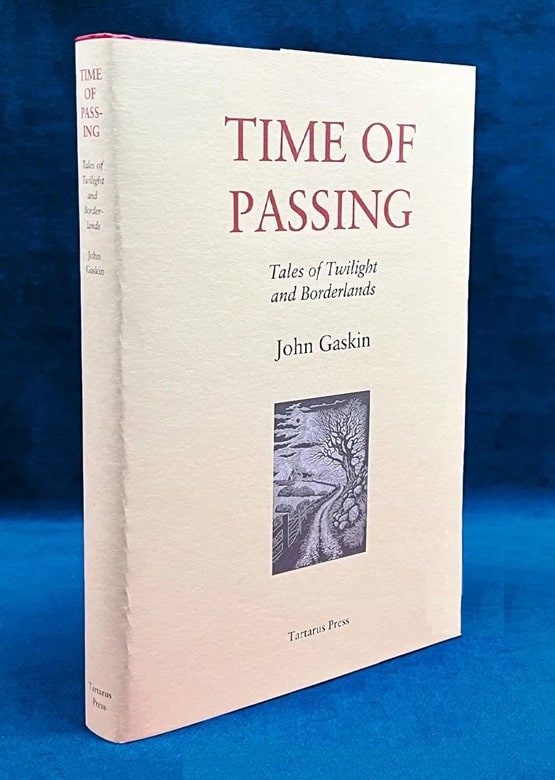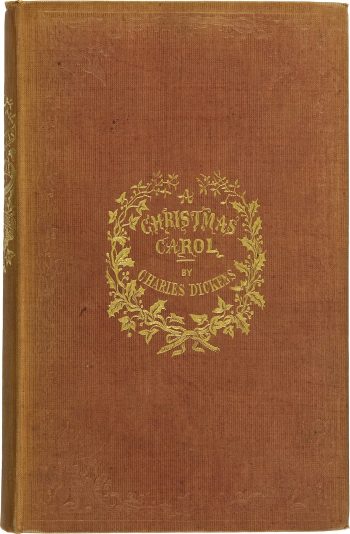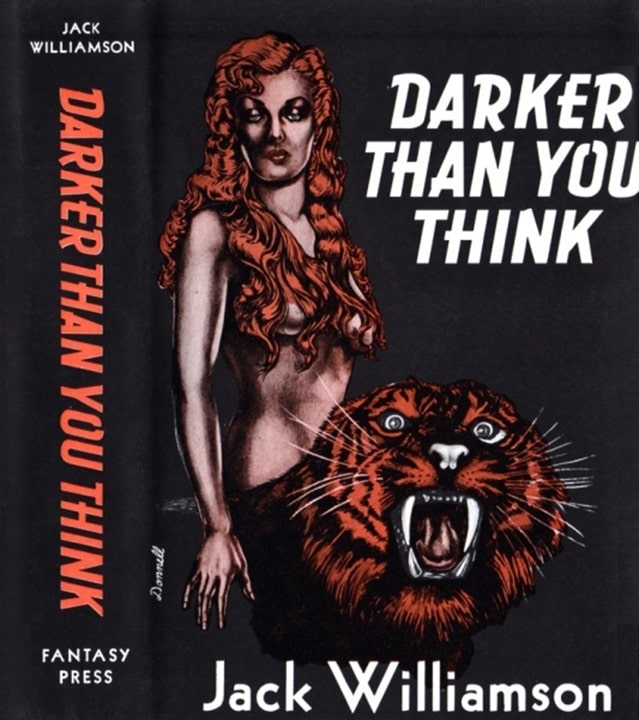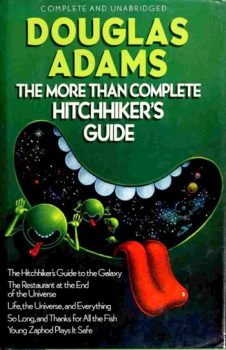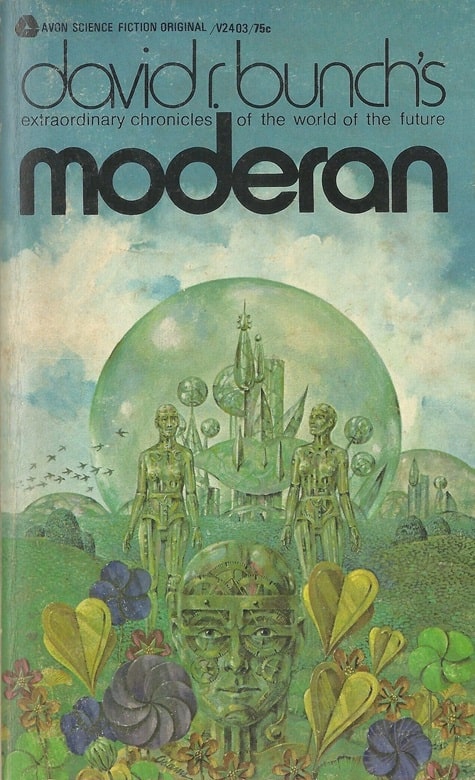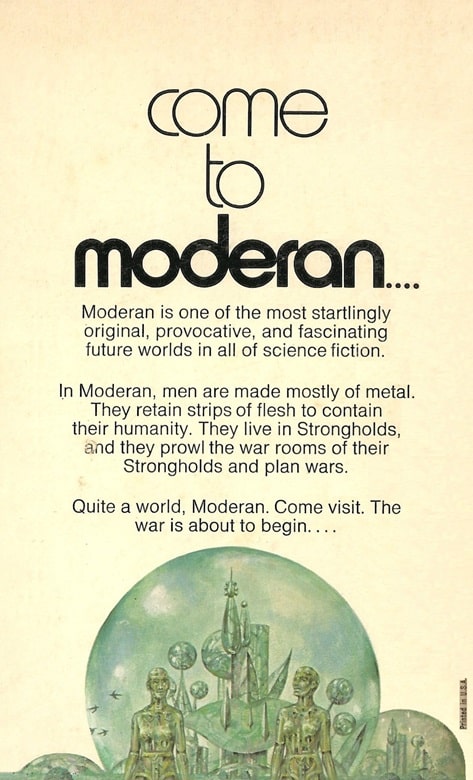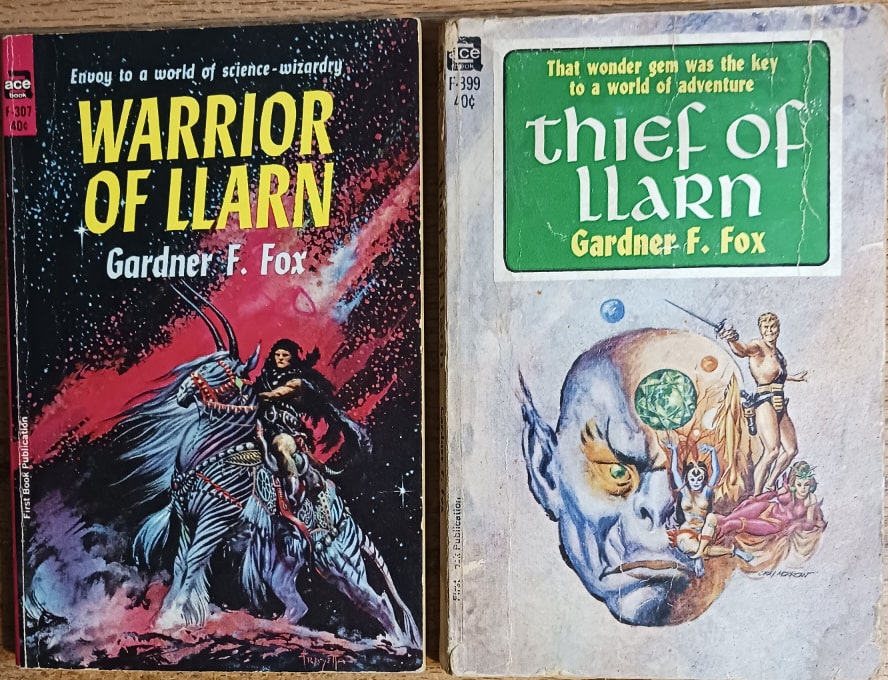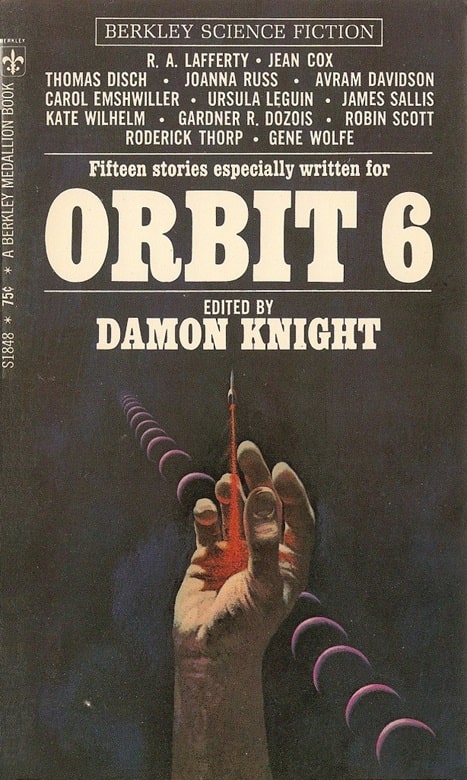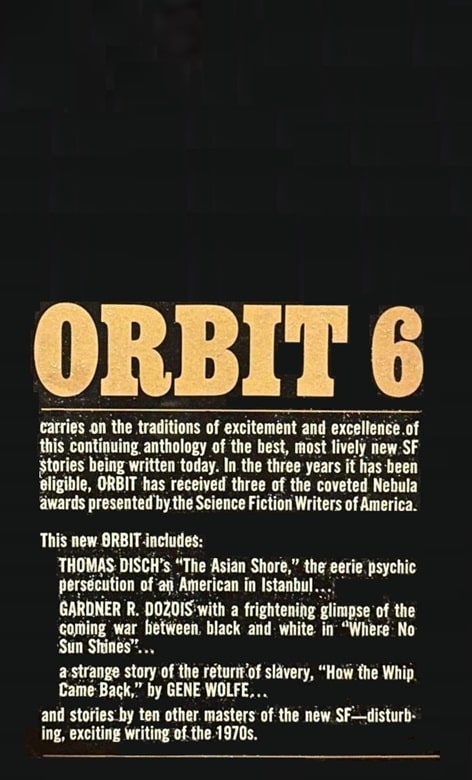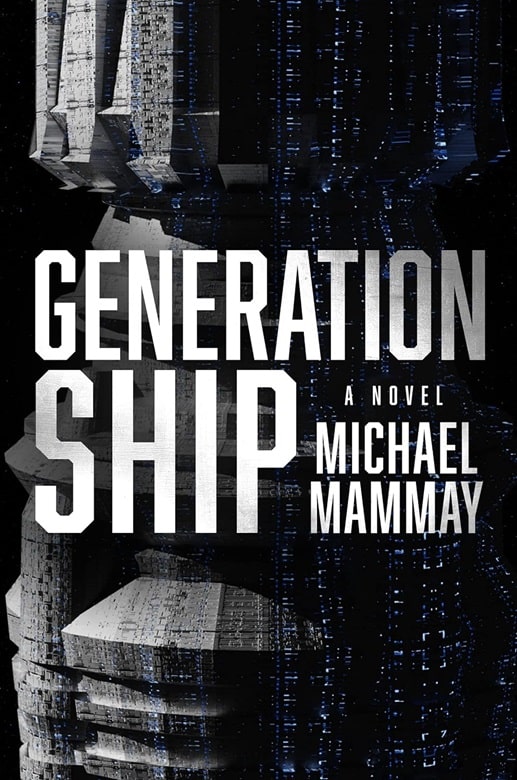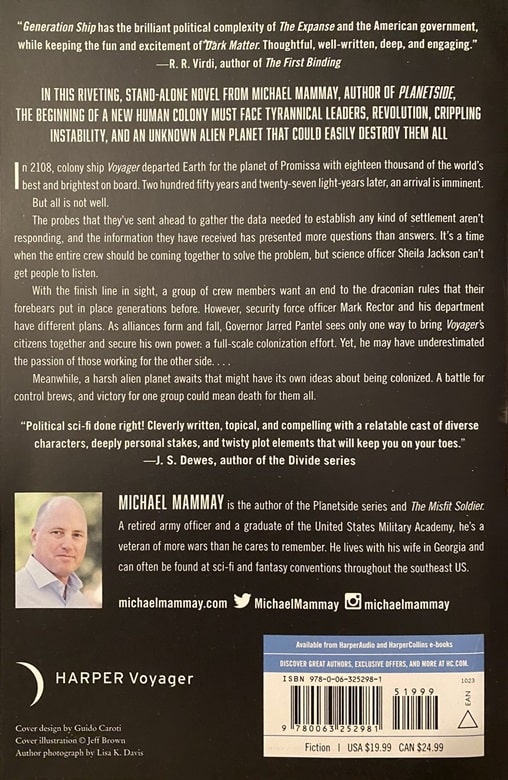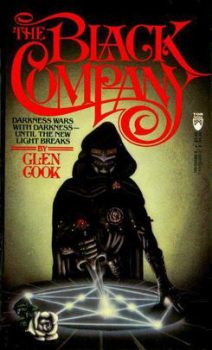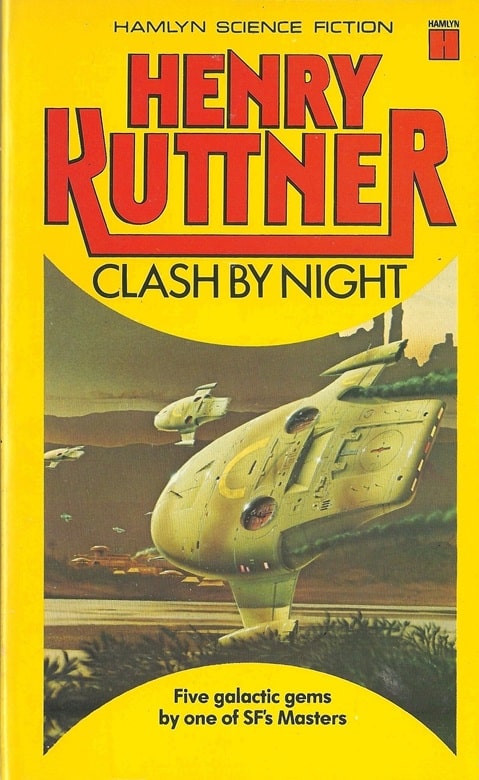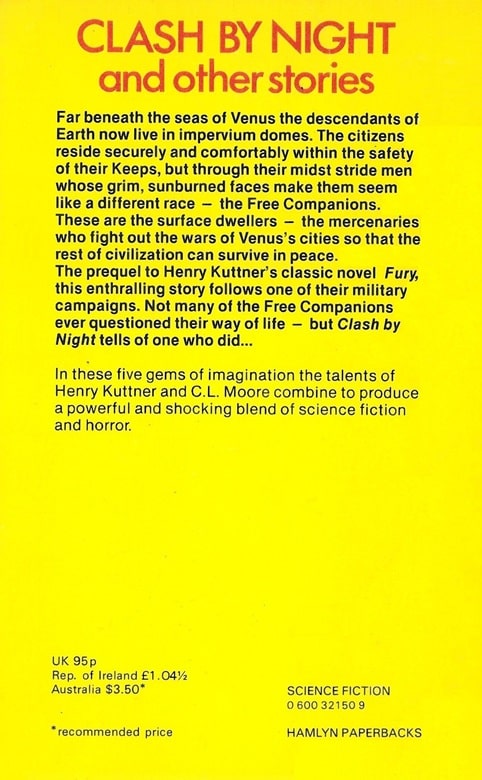More Tales of Twilight and Borderlands : Time of Passing by John Gaskin
Time of Passing by John Gaskin (Tartarus Press, August 20, 2023)
This is the fifth and apparently the last collection of short stories by John Gaskin, an excellent author of ghostly tales who has been entertaining and fascinating his readers for more than twenty years. Most of his books have been published by the independent British press Tartarus Press. An elegant, classy imprint for an elegant classy writer.
In the present volume Gaskin reproposes a few of his previous stories in a revised version.
“The Gathering “ is the masterful report of the dramatic last reunion of a group of friends during a frightening storm, while “Avernus” is a dark, unsettling story revolving around a mysterious and dangerous amulet.
